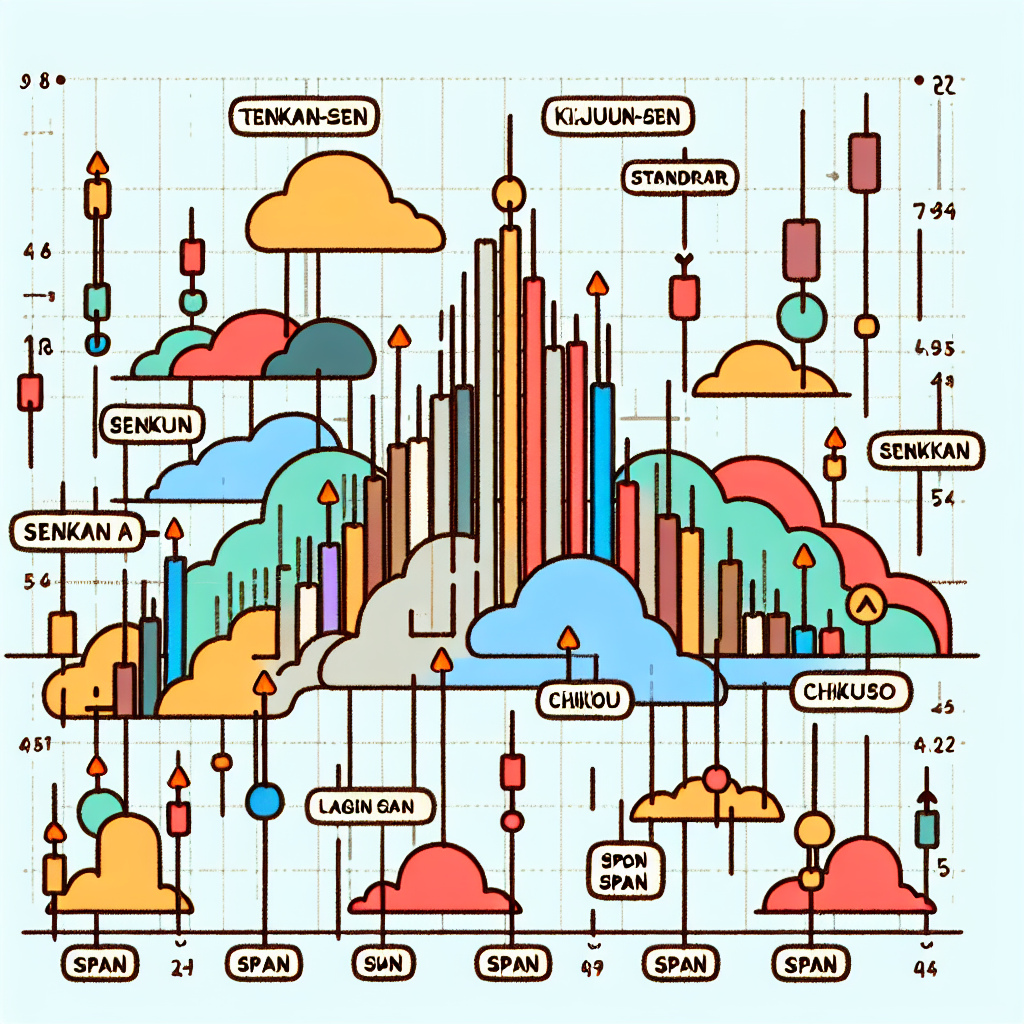
Economic Calendar Events
Introduction
An economic calendar is a schedule of economic events that may impact the financial markets. These events can include data releases, central bank meetings, speeches by influential figures, and more. Traders and investors use economic calendars to stay informed about upcoming events that could affect their trading decisions.
Types of Economic Calendar Events
Data Releases
Data releases are reports that provide information on the health of an economy. Some key data releases include GDP growth, inflation rates, employment figures, and retail sales. These reports can have a significant impact on the financial markets and are closely watched by traders and analysts.
Central Bank Meetings
Central banks, such as the Federal Reserve in the US or the European Central Bank, hold regular meetings to discuss monetary policy. These meetings can result in interest rate decisions or changes to quantitative easing programs, which can impact currency values and stock prices.
Speeches by Influential Figures
Speeches by central bank officials, government leaders, or influential economists can also move the markets. Traders pay close attention to the tone and content of these speeches for clues about future policy decisions or economic trends.
How to Use an Economic Calendar
Stay Informed
Check the economic calendar regularly to stay informed about upcoming events. This will help you anticipate market movements and make more informed trading decisions.
Plan Ahead
Use the economic calendar to plan ahead for important events. Consider how data releases or central bank meetings could impact your positions and adjust your strategy accordingly.
Monitor Market Reaction
After an economic event, monitor how the markets react. This can provide valuable insights into market sentiment and help you refine your trading strategy for future events.
Conclusion
An economic calendar is a valuable tool for traders and investors looking to stay informed about key economic events that could impact the financial markets. By using an economic calendar effectively, you can make more informed trading decisions and better navigate market volatility.






